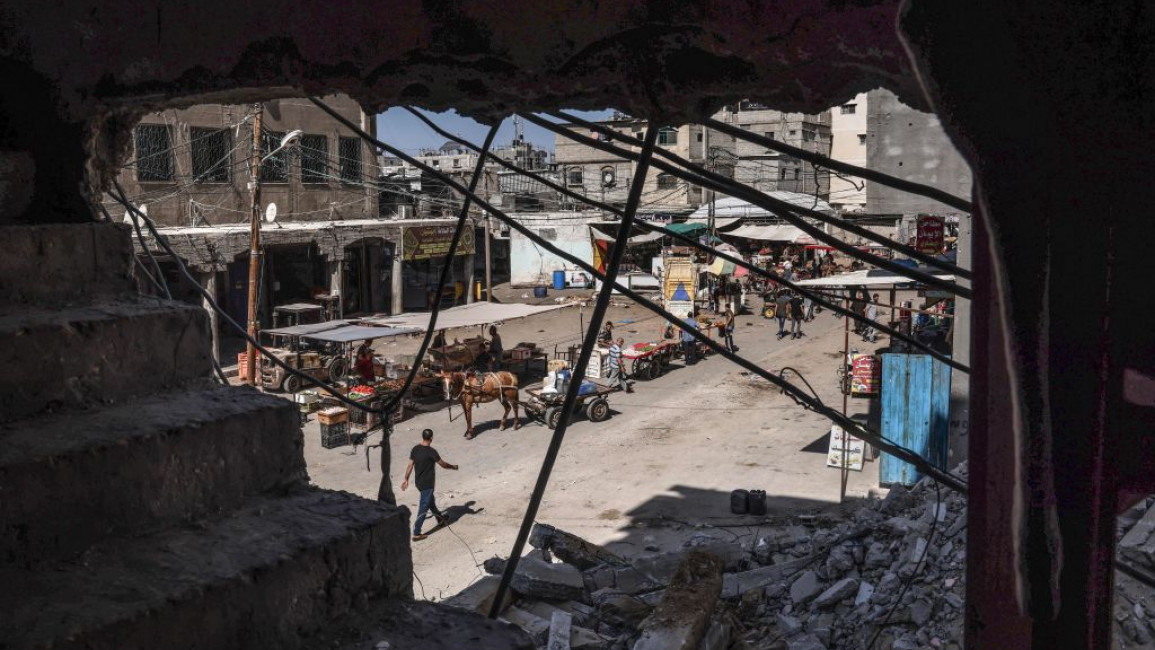Sweden donates $5.7 million to post-Israel offensive Gaza reconstruction
Sweden has partnered up with two UN agencies to contribute $5.7 million for the reconstruction of the besieged Gaza Strip, which was ravaged by Israel's offensive on the enclave earlier this year.
In May, Israel launched an 11-day bombardment operation that killed 250 people, including 66 children, and destroyed some 2,200 homes and damaged 37,000 others.
Stockholm this week signed an agreement with the United Nations Relief and Works Agency for Palestine Refugees in the Near East (UNRWA) and the United Nations Development Program’s (UNDP) Program of Assistance to the Palestinian People as part of their Gaza Early Recovery Program.
The initiative aims to restore access to essential services and livelihoods for Gazans and to ensure safe housing and living conditions for internally displaced civilians whose homes were destroyed as part of Israel's aggression.
It will also give urgent assistance to Gaza's most vulnerable households in the besieged enclave by providing much-needed job opportunities and shelter support for refugees and non-refugees.
Through Sweden's financial contribution, short-term job opportunities will be created for 525 people and access provided to remote work opportunities for 120 youths in Gaza.
“This really is a great example of partnership between UN agencies working as one to serve the people of Gaza and made possible by the leadership and support of SIDA,” said Director of UNRWA Affairs in Gaza, Thomas White.
The funding to the Gaza Early Recovery Program would respond to most urgent humanitarian needs in a way that fosters early recovery, UNRWA said in a statement.
“More specifically, supporting livelihood and income restoration for affected people would prevent them from falling into poverty and multi-dimensional deprivation, while simultaneously reducing reliance on TSCA,” the statement added.



